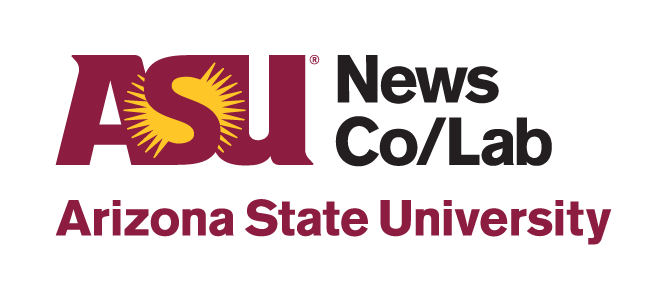An opportunity to give back: fostering media literacy with NAMLE
I recently joined the board of the National Association for Media Literacy Education (NAMLE), whose mission is to make media literacy highly valued and widely practiced as an essential life skill. I’m honored to be part of an organization that has been so valuable to me over the years.
I first learned the term media literacy around 2009. I’d been advising high school student media for years, and I had observed the way technology was changing how students — really, everyone — interacted with media and information.
I taught my students how to use Twitter when it was predominantly a texting platform, and we all got giddy when we’d get an alert during class. I watched my students go through LiveJournal, MySpace, FormSpring, Facebook, Tumblr and others, and saw how it impacted their learning, relationships and communication skills.
I also saw how the adults in the school reacted to this new world — mostly trying to shut it down. Hoping to avoid it until they could no longer ignore it.
I had an inkling at that time that we were going to need to address digital and social technologies head on, in school and at home. And I knew that no matter what the adults did, we would be far behind. So I started to do my own research.
That’s how I learned about media literacy and found NAMLE and the Journal of Media Literacy Education. I was so happy to discover a community of people who had already been thinking about these issues for a long time, and I began to utilize the resources and “lurk” on the conversation. Eventually, thanks in part to what I saw happening in this community, I pursued a doctoral degree in media literacy, which in turn led me to the News Co/Lab.
My focus in media literacy is in the digital, news and misinformation space, which is the part of the field that has received the most attention in recent years. This makes sense; these issues are timely and relevant. But one of the things that excites me most about NAMLE and the board is the holistic focus on all aspects of media literacy, including critical media literacy, digital citizenship and media literacy pedagogy. I have much to learn from my fellow board members, and I’m glad to be working with the organization at such a critical time in its history.

Kristy Roschke, managing director of the ASU News Co/Lab, is a media scholar and educator. Her research interests include misinformation, media literacy education and media trust. Roschke has developed curriculum and taught journalism and media literacy courses at the high school and university level for nearly 20 years.
